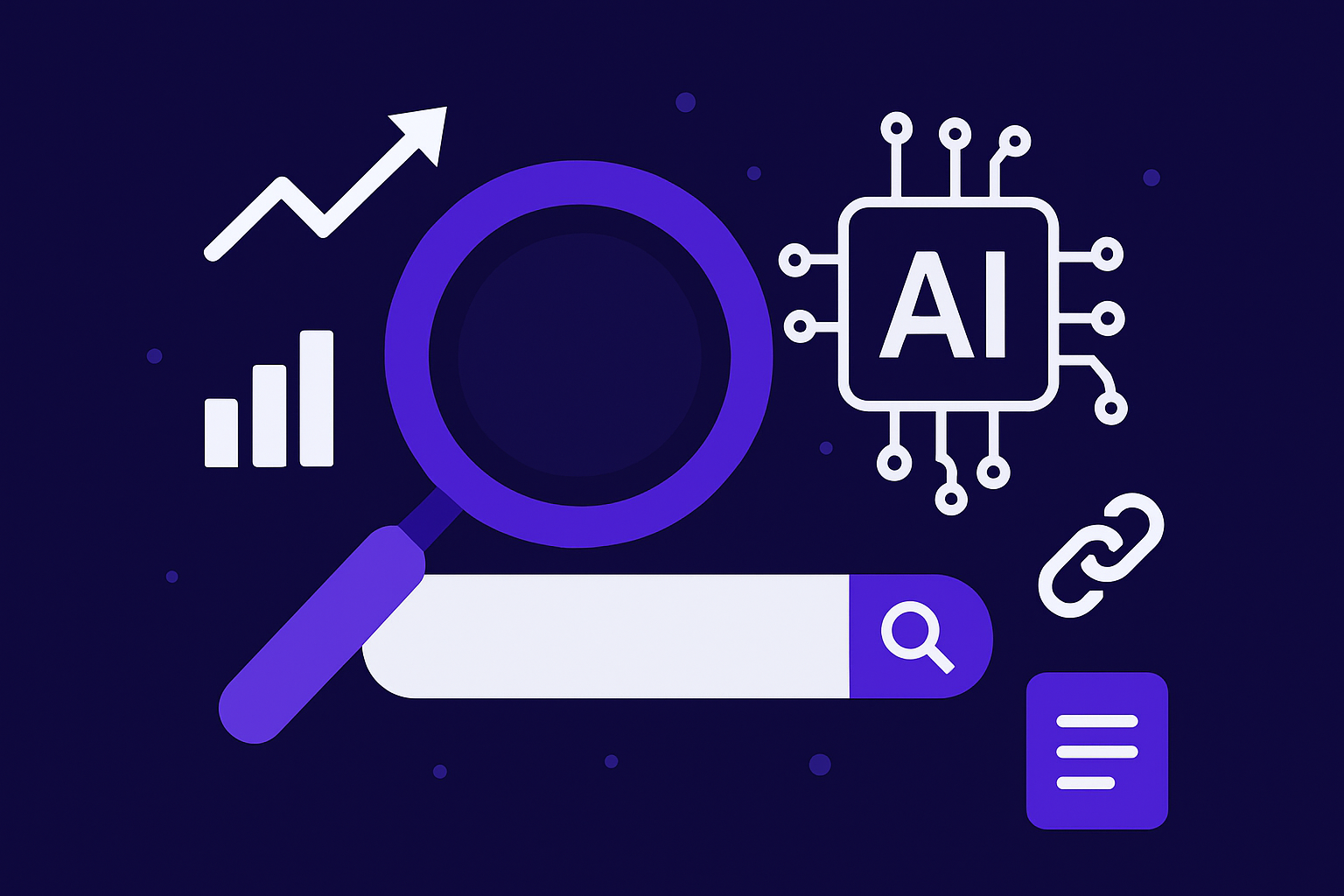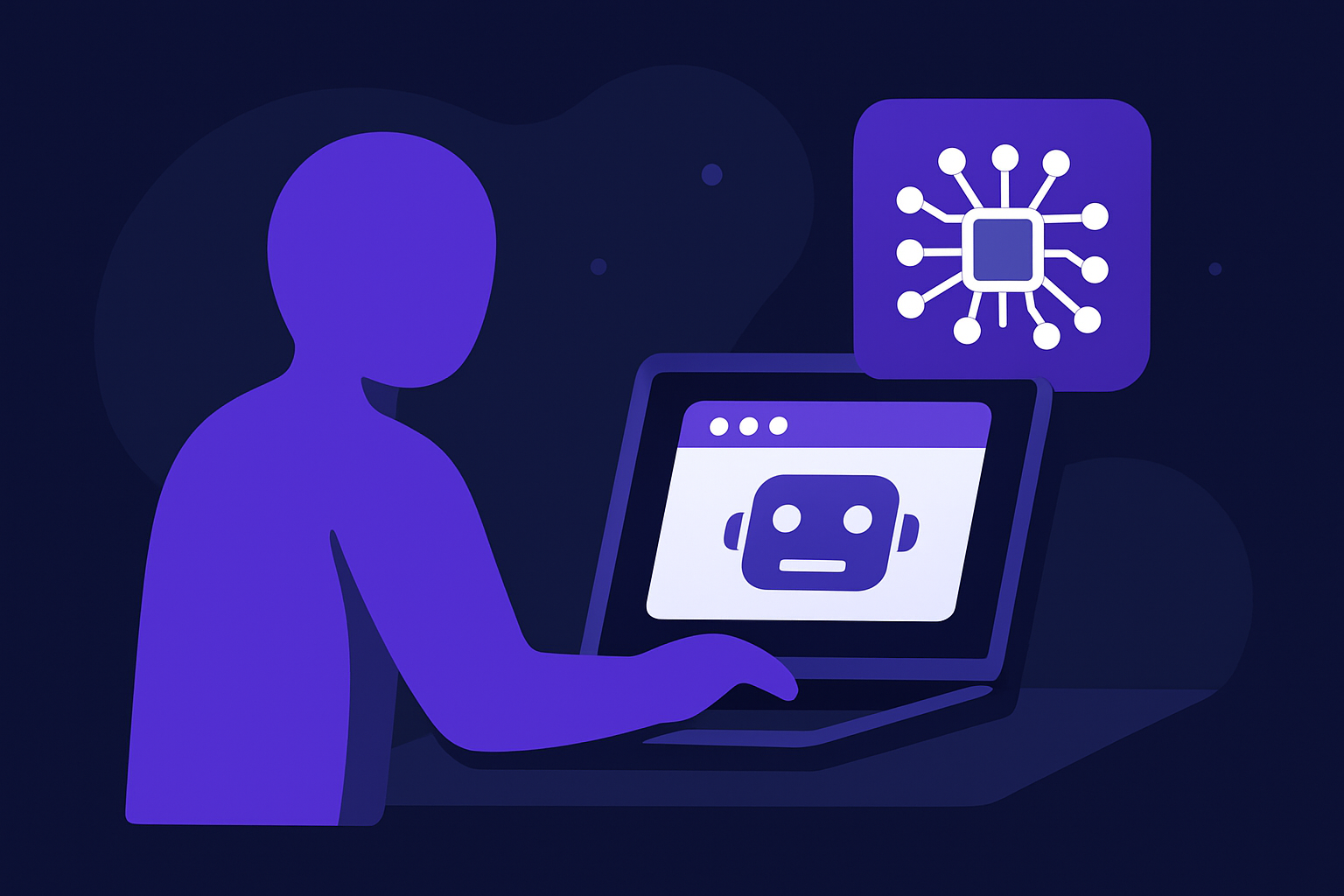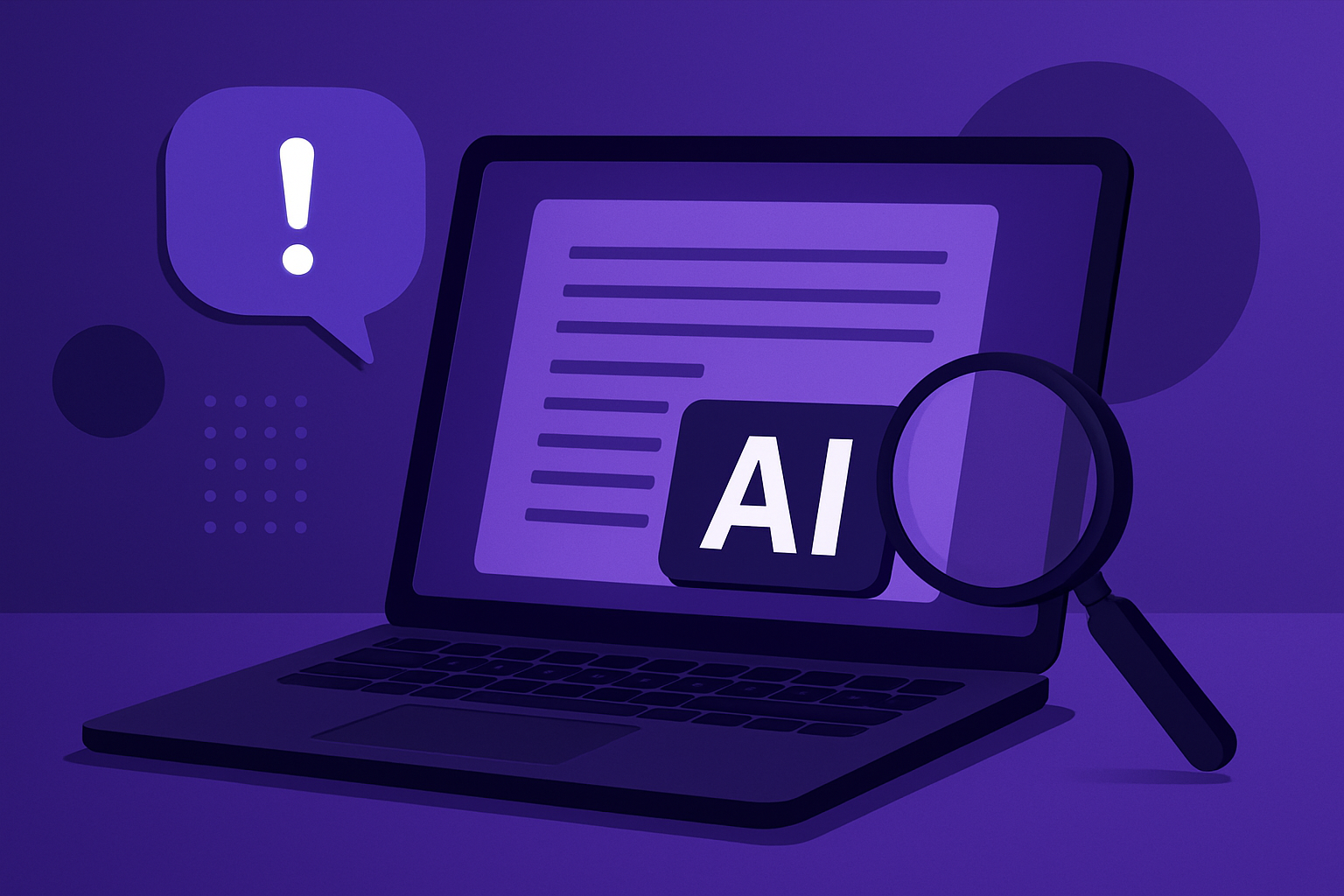Artificial Intelligence (AI) content generators have been revolutionizing the field of writing, creating a significant impact on how content is produced and consumed. These AI tools are capable of producing articles, blog posts, product descriptions, and even creative writing pieces without human intervention. As technology continues to advance, it raises questions about the future of writing and the role that AI content generators will play in it.
The Rise of AI Content Generators
AI content generators have gained popularity due to their ability to quickly produce large quantities of content with minimal human effort. These tools use natural language processing and machine learning algorithms to generate text that is coherent and relevant to the given topic. This has enabled businesses and writers to save time and resources while maintaining a consistent output of high-quality content.
Furthermore, AI content generators can adapt to different writing styles, tones, and formats, making them versatile tools for a wide range of applications. From SEO optimization to personalized marketing campaigns, these AI tools have transformed the way content is created in the digital age.
Challenges and Limitations
Despite their benefits, AI content generators also pose several challenges and limitations. One of the main concerns is the potential loss of human creativity and originality in writing. While AI can mimic human writing styles, it lacks the depth of emotion, personal experience, and critical thinking that human writers bring to their work.
Another challenge is the issue of authenticity and credibility. With the rise of fake news and misinformation online, there is a growing need to ensure that content generated by AI is accurate and reliable. Additionally, AI content generators may struggle with context, nuance, and understanding cultural nuances that human writers can easily grasp.
Impacts on Writers and Writing Industry
The increasing use of AI content generators has had a profound impact on writers and the writing industry as a whole. While some writers may fear being replaced by AI, others see these tools as valuable assistants that can help them streamline their workflow and focus on more creative tasks. Writers can use AI content generators to generate ideas, gather research, and even improve their writing skills through feedback and suggestions.
Moreover, the writing industry is evolving to accommodate the integration of AI tools. Content agencies, marketing firms, and media companies are incorporating AI content generators into their workflows to increase efficiency and meet the growing demand for content. As a result, writers are expected to adapt to this changing landscape by mastering new tools and technologies.
Ethical Considerations
As AI content generators become more prevalent, ethical considerations come into play. Questions about copyright infringement, plagiarism, and data privacy arise when using AI to create content. It is essential for writers and businesses to understand the legal implications of using AI tools and to ensure that the content generated complies with ethical standards and regulations.
Furthermore, the potential bias in AI algorithms and the lack of transparency in how content is generated raise concerns about fairness and diversity in writing. It is crucial for creators to be aware of these issues and to actively work towards mitigating them to create a more inclusive and equitable writing environment.
AI content generators are reshaping the future of writing by offering innovative solutions to traditional writing practices. While they bring efficiency and automation to the writing process, they also present challenges in terms of creativity, authenticity, and ethics. Writers and businesses must carefully navigate this evolving landscape to leverage the benefits of AI tools while upholding the integrity and quality of their content.
Ultimately, the impact of AI content generators on the future of writing will depend on how creators and industries adapt to these technological advancements and address the ethical and practical considerations that come with them. By embracing AI as a tool for innovation rather than a replacement for human creativity, writing can continue to evolve and thrive in the digital age.













